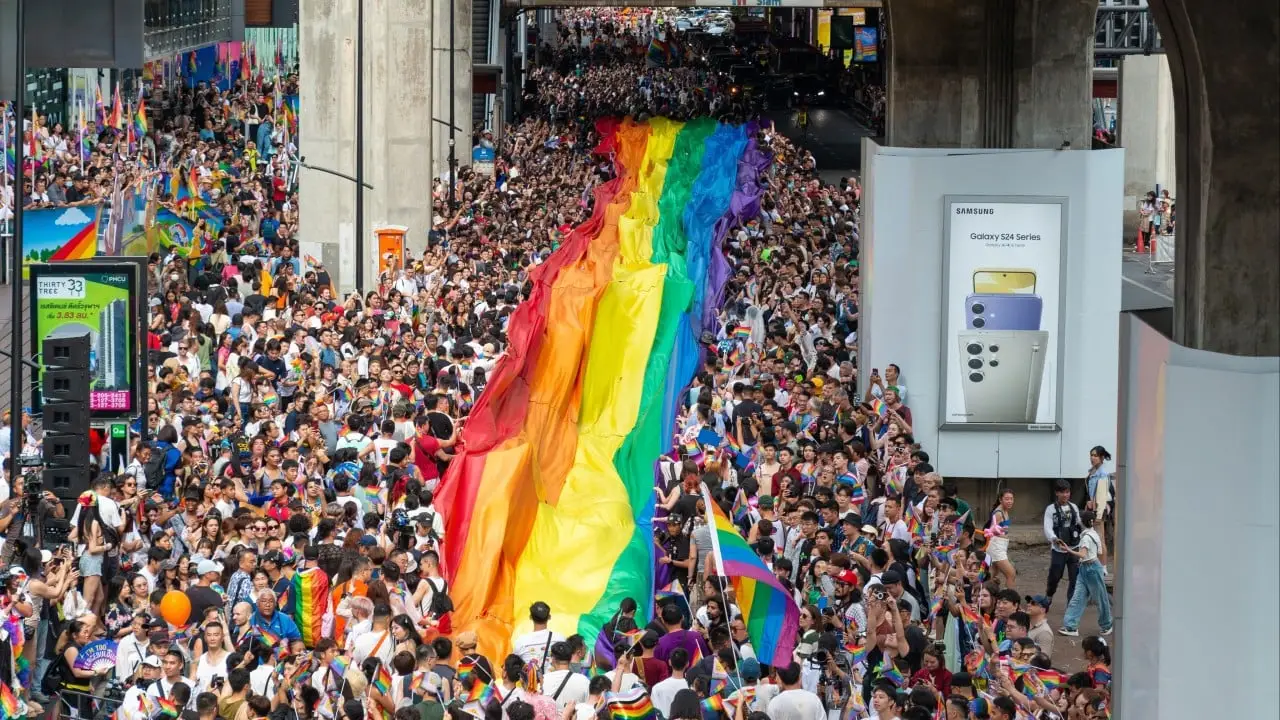From legal strides in LGBTQ rights to alarming rates of violence against women, Asia in 2024 witnessed progress in gender equality shadowed by stark reminders that systemic challenges remain.
Advertisement
Thailand became the first Southeast Asian country to legally recognise same-sex marriages, paving the way for the fight for marriage equality in the region.
Women achieved a significant milestone during this year’s Paris Summer Olympics, marking the first time in history that the games featured an equal number of male and female competitors. Meanwhile, South Korean author Han Kang also made history, becoming the first Asian woman to ever win the Nobel Prize in literature.
However, this year also exposed the stark dangers faced by women and girls, with a brutal rape and murder case sending shock waves throughout India, a crisis of gender-based violence emerging in Australia, and a battle against deepfake pornography in South Korea revealing the online threats women encounter.
Policymakers also continued to grapple with dropping fertility rates in the region as Asia experiences shifting views on marriage and childfree lifestyles.
Advertisement
As 2024 draws to a close, This Week in Asia reflects on its coverage of the hurdles faced by women and gender minorities in the region.


